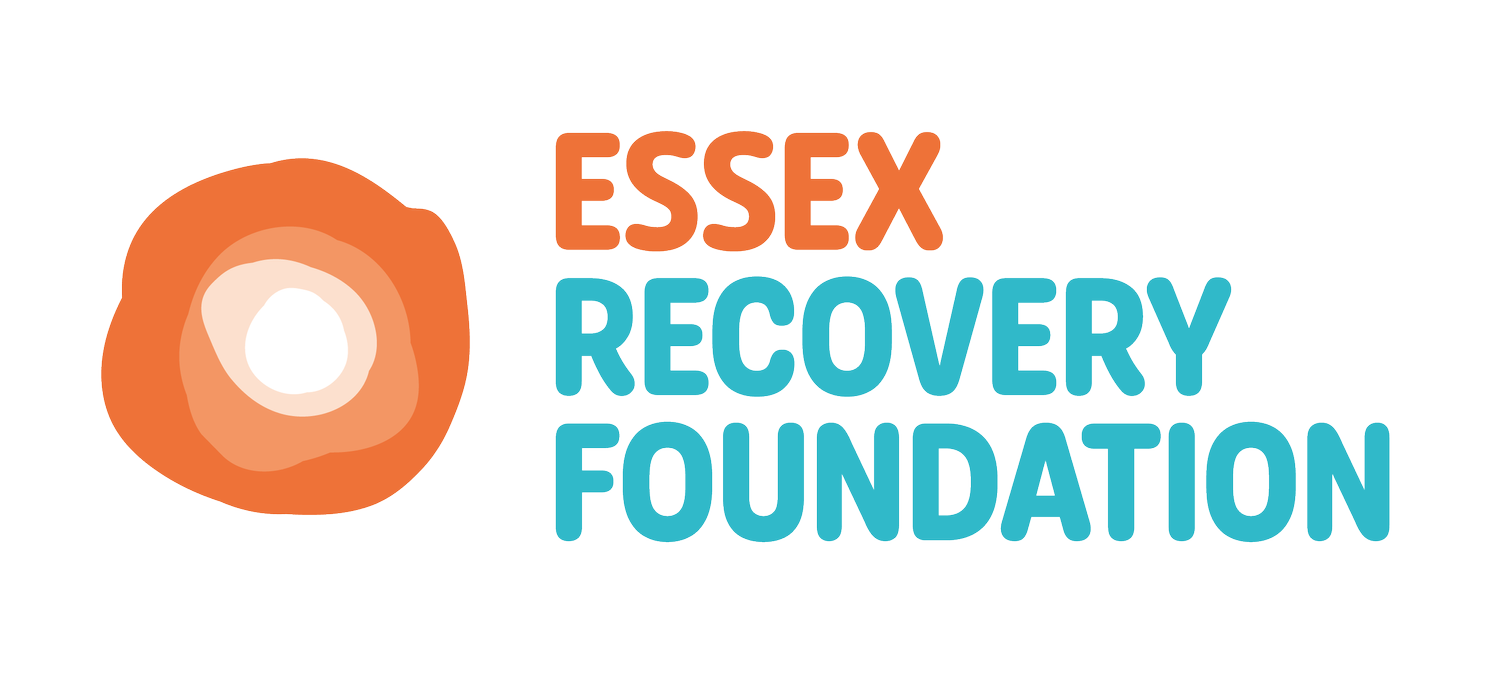"Equal Voices at the Table: Shaping the Future of Essex's Drug and Alcohol Services"
Shared by Beth, a Community Researcher at Essex Recovery Foundation
Recently, Steve and I, both community researchers, have been immersed in the process of marking tender bids for two vital Essex services: the Community Rehabilitation service and the PAIRS Alcohol service, both of which were up for new contracts.
After individually scoring our assigned questions for each bidder, we headed to County Hall in Chelmsford to meet with a team of Essex Drug and Alcohol Public Health commissioners. Together, we reviewed and debated our scores, working through each question and every applicant. Through this collaborative process, we arrived at final scores for each application, with the highest-scoring bidder set to win the contract.
The experience was both fascinating and inspiring. Sitting around that table, we weren’t just observers—we were equals. Our voices, shaped by our community insights and lived experiences, carried weight. It was empowering to see how our perspectives were not only heard but actively influenced the outcome.
For instance, there were moments when Steve or I pointed out details in an answer that others hadn’t noticed. In those instances, scores were adjusted based on our observations, demonstrating the value of having community voices at the table. It was also heartening to see some bidders reference our community research directly in their proposals, proving that the recovery community’s voice is driving meaningful change in drug and alcohol services.
Once the contracts are awarded to the successful organisations, our work won’t stop there. The community research team will play a key role in monitoring these services, ensuring they deliver on their promises. We’ll assess both the quality of the services and the impact they’re having on people’s recovery journeys.
This process reaffirmed the power of collaboration and the importance of bringing diverse perspectives together to shape the future of critical services. It’s a privilege to contribute to a process that places community voices at the heart of decision-making.
